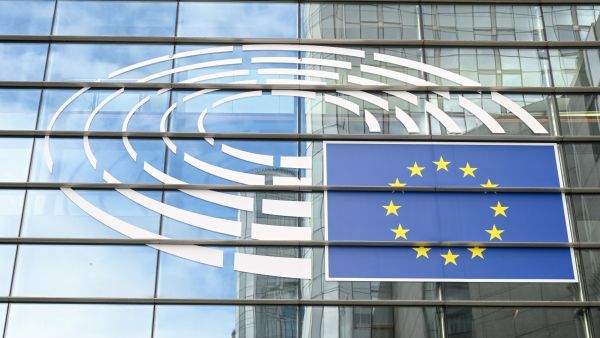The European Parliament, led by S&D MEP Glenis Willmott, secured new EU rules two years ago on comprehensive transparency measures for the results of clinical trials. However, this law has not yet been implemented. The recent case of a volunteer who tragically died after taking part in a clinical trial in France shows the need to speed up the implementation.
The victim in France was taking part in a Phase 1 trial of an experimental drug intended as a possible painkiller or treatment for mood and anxiety disorders. Right now researchers don't have to publish the results of Phase 1 trials, but this will change when the new regulation comes into force, to avoid dangerous or ineffective studies being carried out repeatedly.
Matthias Groote MEP, S&D spokesperson on health and environment, said:
"In order to explore the effects and side effects of new drugs, we have to have Phase I clinical trials. These studies however, need to be carried out after a strict approval process and under close medical supervision. The safety of patients should always come before economic interests.
"As far as we have been informed the study has only been carried out in France. The experimental drug has therefore not been approved anywhere else in the EU. Other patients have thus no other way of accessing it.
"The S&Ds fought for the transparency measures agreed in the Clinical Trials Regulations in 2014. These measures need to be put in place as soon as possible to ensure better patient safety and more effective medical advancement.
"It is vital that there is public access to the results of all clinical trials, which is currently not the case in Phase 1 trials. As this regulation will not come into force before 2018, the S&D Group wants clarification from the European Commission on the progress of the implementation of this new regulation, as well as more details on the case of the clinical trial in France."
Gilles Pargneaux MEP, S&D member of the health and environment committee, added:
"In the case of the clinical trial in Rennes in January, where tests for a painkiller carried out for a Portuguese pharmaceutical company led to the death of one of the French participants, it's very alarming that the French health authorities were only informed four days after the trial had been halted by the company carrying out the tests on behalf of the Portuguese laboratory!
"This case shows that it's difficult to have complete transparency when it comes to clinical trials and the interests of pharmaceutical companies.
"Publishing all data relating to clinical trials is a necessary condition to reassure European citizens however. Protecting public health is an absolute exception to the trade secrets and commercial confidentiality pharmaceutical companies demand."








